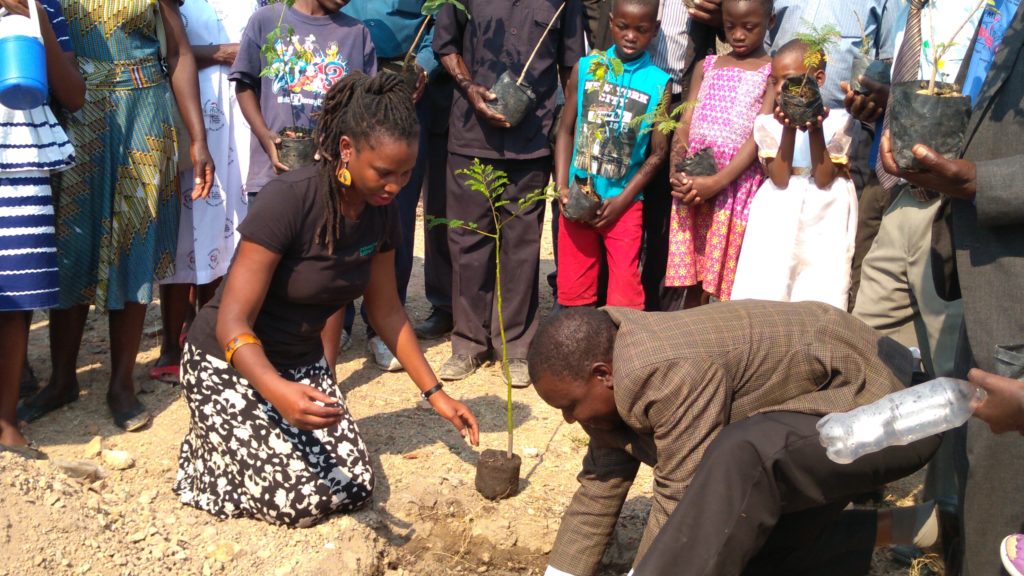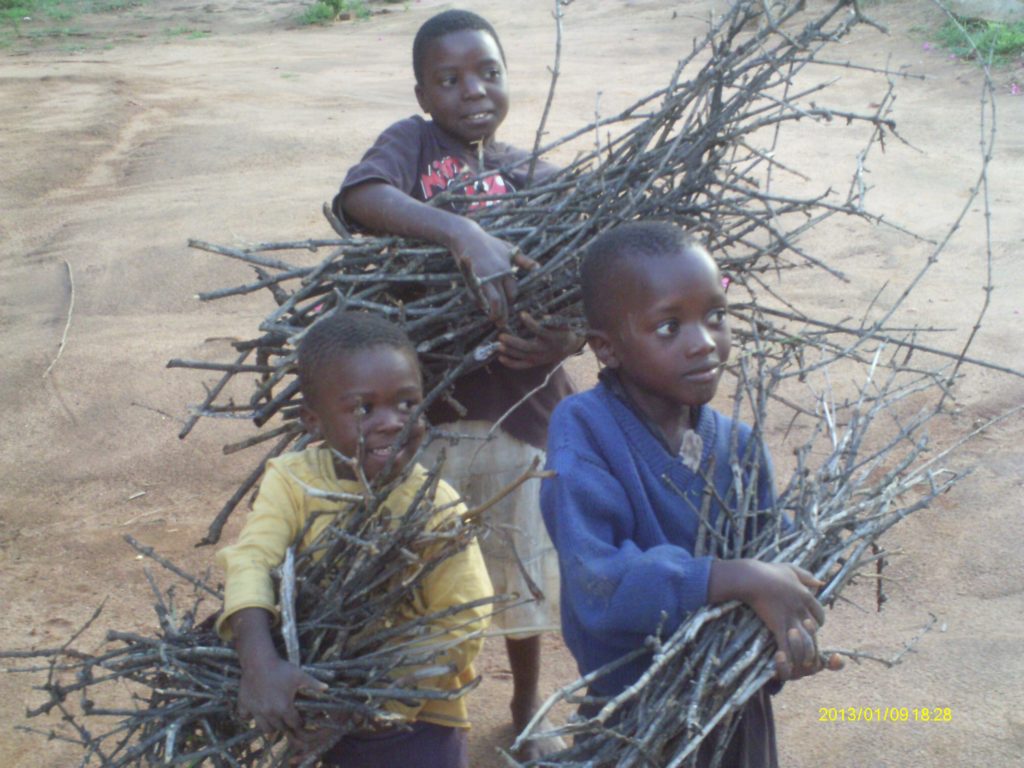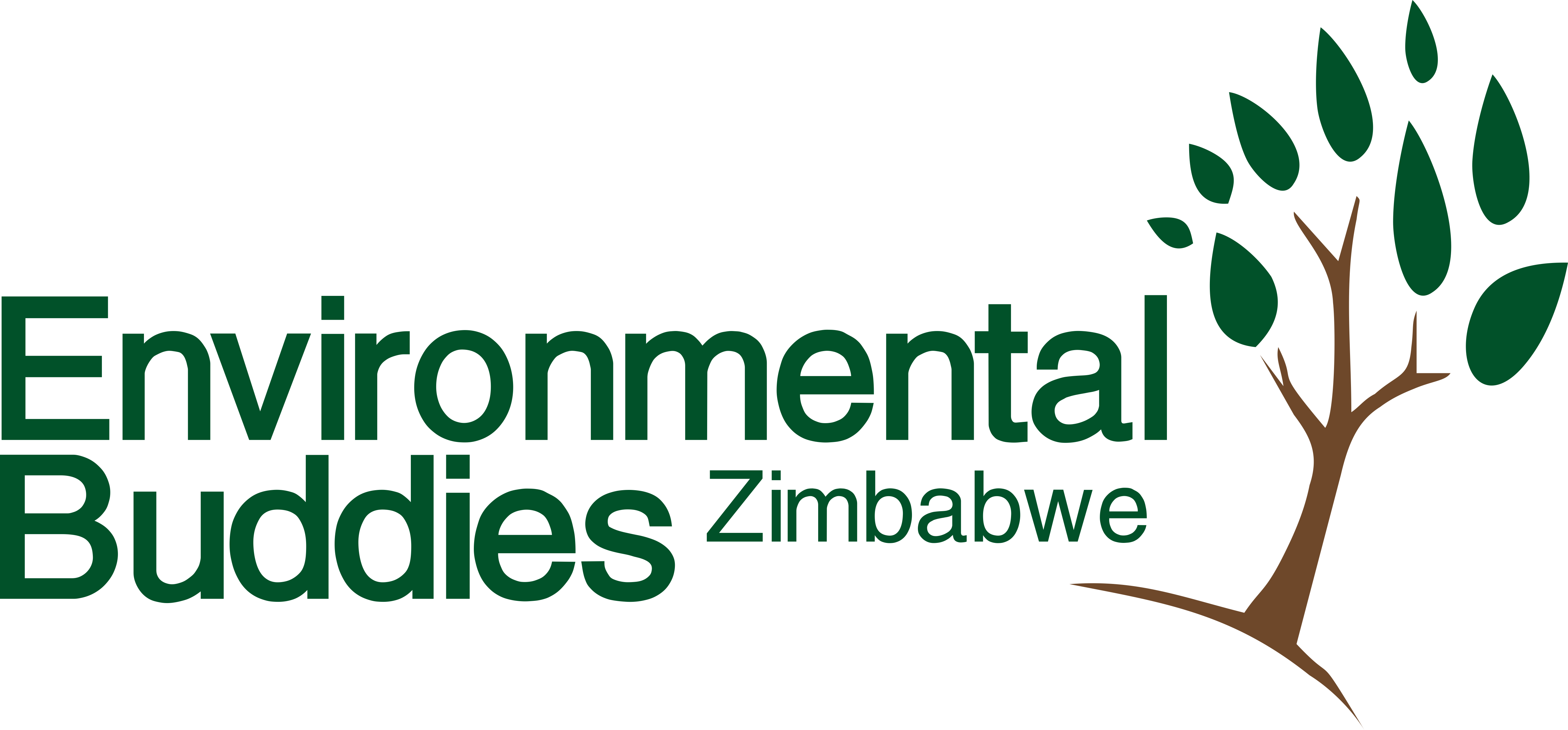
About Us
Environmental Buddies, Zimbabwe is an environmental NGO in Zimbabwe which aims to promote sustainable forests resources management and waste management in Zimbabwe.
Vision
To be a leading NGO that protects Zimbabwe’s environment through active participation by all relevant stakeholders’ especially rural community members..
To promote sustainable environmental stewardship through raising awareness on forest resources and waste management in Zimbabwe.
Values
EBZ is committed to best business practice and fundamental principles of Integrity, trustworthiness, honesty, transparency, team work and accountability.
Organizational Objectives
– To introduce educational programs and community projects aimed at increasing awareness of the three pillars of development namely, the natural environment, society and economic sector and the role they play in sustainable development.
– To promote the planting of indigenous trees throughout the country by 2050
– To ensure holistic community participation to improve the environmental well-being of such communities as a poverty reduction mechanism.
– To facilitate participation of the underprivileged members of the society irrespective of gender to improve their well-being and reduce the dependency syndrome and ratio accordingly.

OUR THEMATIC AREAS
Environmental Buddies Zimbabwe was established in 2017 in response to environmental, socio and economic rights abuses experienced by women, youth and children especially in rural areas and marginalized communities. Forty years after independence Zimbabwe is battling with disasters such as floods, droughts, food insecurity, human induced environmental degradation such as deforestation, unsustainable mining activities, water pollution, air pollution , human rights abuses, corruption and misplaced economic priorities by leadership robbing women, youth and children of essential human rights such as rights to a health environment, food, shelter, clean air, education, quality environmental education and right to be heard. Zimbabwe, like most countries has ratified to the 17 Sustainable Development Goals and adopted the 10 SDG goals yet 10years short of the 2030 mark, most Zimbabweans still experience environmental, socio and economic injustices yet the country is endowed with vast natural resources around the country. Working in rural mining communities we have noted that there is no engagement between the business sector, mining companies and host communities and this has exposed communities to human and environmental rights violations such as pollution, forced displacements, land degradation and loss of lives among others. As Environmental Buddies Zimbabwe we work towards addressing some of the injustices mentioned above.
Environmental Buddies Zimbabwe works in the following thematic Areas:
Conservation and food security
SDG 2 (zero hunger: achieve food security), 14: preserve and protect Aquatic life, and 15: preserve life on land.
While decisions to venture into selective logging, Illegal logging, mining, haphazard land reform programmes, chemical laden agriculture practices are made in big offices in cities by political leaders, it is mainly rural communities who are impacted negatively. While traditionally rural communities use firewood for energy, the energy/electricity crisis (shortage, exorbitant prices) that gripped the country since the 2000s has seen more city dwellers relying on firewood/charcoal for energy, exerting more pressure on already strained forest resources. In 2005 Zimbabwe made it to the top 10 deforesting countries in the world and sending millions of Zimbabweans scouring for food, water, medicines and energy since then. Resources have always been exploited without a matched effort to preserve or repair the damaged environment, impacting negatively on the natural environment and communities.
As an organization we appreciate the contribution made by forests to decent livelihoods for millions of Zimbabweans while at the same time cleaning the air and storing water, conserving biodiversity and mitigating climate change. This is why, since 2017 we have been advocating for forestry resources exploitation that is transparent, accountable, thereby involving communities living in forested area. We have a traceable record of planting native trees in a bid to restore Zimbabwe’s lost indigenous forests (especially those already on the UN Red Data List), fruit trees to curb food insecurity and promote nutrition and protection of existing forests through education and awareness, as a conservation strategy to ensure that future generations will enjoy the same forestry benefits we are enjoying today.
Climate Justice
According to Environmental Management Act 20:27 every Zimbabwean has a right to live in a safe and clean environment, health, life, environmental education and a responsibility to take care of the natural resources around us. Environmental issues such as pollution, deforestation, haphazard land reform, infrastructure development, mining and the misuse of resources has been impacting negatively on individuals and communities’ enjoyment of these fundamental rights in Zimbabwe. These rights are violated by individuals, communities and unsustainable businesses.
As an organization we advocate for environmental/climate justice through education and awareness campaigns, capacity building in a bid to ensure communities can; identify activities that violate their rights, voice their concern to the relevant authorities, using various channels, take legal action against perpetrators, shape policy formulation, and most importantly to make them aware of their responsibilities in environmental/climate justice.
Community Business and Livelihood Mentorship
End poverty: SDG1
The rural populace in Zimbabwe has always been used as a pawn in elections and political games, as they are exploited and coerced to amass votes. Yet they lag behind in terms of employment creation and infrastructure development. Rural communities lives have always been centered on forests resources for income earning. More than 60% of Zimbabweans live in rural areas and majority of them are living below the stipulated poverty datum line. This is mainly because they lack viable skills to manage forests resources sustainably.
As an organization we are working on employment creation through promoting non-timber businesses such as bee keeping, mopane worm farming, woodwork and joinery, art and crafts, raising tree nurseries, community vegetable gardens and fashion and design. This is done through trainings on business management skills, leadership skills, processing, storage and value addition of non-timber products, certification and finding markets for the same products. Economic empowerment will ensure that rural communities improve their well-being, are independent and inequality gaps are reduced.
Gender Mainstreaming.
SDG5, achieve gender equality and empower all women and girls
As an organization we work mostly in rural communities where women are discriminated by existing patriarchal leadership and religious beliefs. We observed that most girls are not send to school, which will in turn limit their options to occupy formal employment in the conservation industry (Forestry, Tourism, Agriculture, Wildlife Conservation) and leadership positions. If at all, they are employed, they will occupy low level jobs or they rarely get promoted. The same women are prone to gender based violence both at home and at work. This has prompted our organization to focus on gender mainstreaming in a bid to promote, enforce and monitor equality and non-discrimination on the basis of sex. We aim to advance women and girl’ capacities to venture into conservation entrepreneurships and training on environmental conservation, gender equality and access to information.
